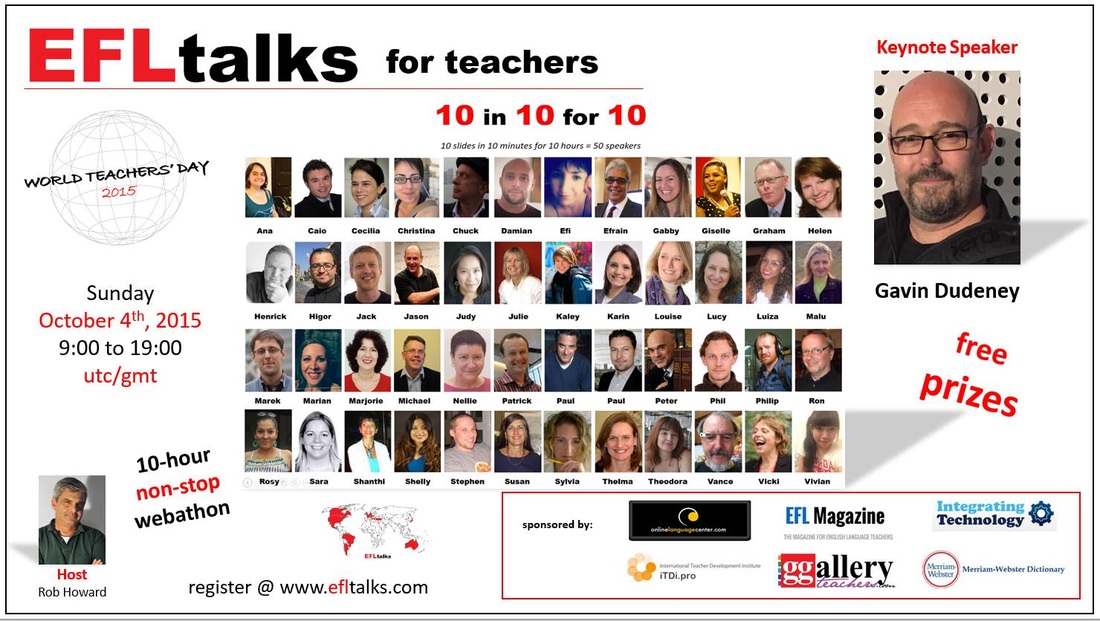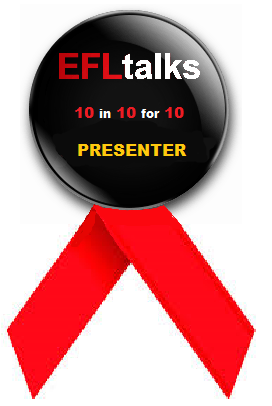VERBS & TENSES practised in a FLEXIBLE CARD GAME – HAPPY FAMILIES created with younger students29/4/2016 – a fun activity to practice the different VERBS & TENSES after having MADE THE GAME TOGETHER with the students… GETTING STUDENTS INVOLVED IN LESSON PREPARATION will make the CONTENTS MORE MEMORABLE... ONE GAME – MANY VERBS & TENSES: This blogpost is the development of a previous one I had written on involving students in lesson preparation for Happy Families. Before the digital era I had dedicated many days to preparing a large set of Happy Families cards based on vocabulary sets: cutting out pictures from magazines, writing in beautiful handwriting in different colours, covering the cards back and front with transparent sticky film - no laminating in those days. After much fun play in class, my bag of carefully homemade teaching resources was stolen from my car together with my old school uniform, I kept to show my students. So I lost all motivation to create a new set. Recently, however, I felt the need for that very useful game and realized that in the digital age it would be much easier to recreate. I suddenly realized how well it would also work with verbs and am now in the process of making a pack of cards for verbs and another for vocabulary which I shall share in due course. Not having any cards ready, I decided to involve my students of varying ages in creating sets of cards based on different VERBS and explaining the rules at the same time. THE GAME WAS A HUGE SUCCESS because, HAVING PARTICIPATED IN ITS CREATION, it was EASIER TO REMEMBER THE VOCABULARY and WORDS. As a result I have decided I will involve my students in lesson preparation more often in order to make learning more memorable for them. The cards are very flexible: using VERBS allows for TENSE PRACTICE during the game. Depending on the level of the students you can ask: Have you got “go swimming?” Yes, I have. Are you “going swimming?” Yes, I am. Do you “go swimming” everyday? Yes, I do. Did you “go swimming” yesterday? Yes, I did. Have you ever “gone swimming” in the ocean? Yes, I have. Will you “go swimming” with your friends? Yes, I will. Do you like “going swimming” in lakes? Yes, I do. … and so on… For those who don’t know how to play HAPPY FAMILIES:
You can download the game below in two versions:
Hope you have fun with it! Susan
0 Comments
Want to make your ‘dull’ grammar lessons more exciting? All you need is a hotel reception bell.
Last week I wanted to practise verbs followed by prepositions in an exciting way so I sat a group of adults around a hotel reception bell and projected sentences with the preposition after the verb missing. As they saw and heard me reading the sentence there was a rush to ping the bell and answer! I would never have believed that a group of middle-aged adults could get so excited about ringing a bell to answer a question! However, if they ring the bell and get it wrong a point is deducted. This stops them from ringing the bell and guessing. Any exercise can be spiced up in this way. My next endeavour is to find where they sell more bells (this one I had at home) so I can make teams in bigger classes. Let me know your students’ reaction if you try it out! Mine loved it! I hope you like this suggestion. Susan a traditional lesson?
Every year ELT Journal hosts a debate on different aspects of ELT. On the third day of the conference the editor of ELTJ, Graham Hall, introduced the topic of this year's debate: This house believes that teacher training is a waste of time.
Speakers Peter Grundy & Penny Ur were given 17 minutes each to plead for (Peter) and against (Penny) the motion. Peter's initial amusing anecdotes in which he recounted his first teacher training experiences in 1966, choosing the courses more out of instinct than interest, decided they were very boring, fairly useless and therefore mostly a waste of time. His point of view is that a four-week training course cannot lead to qualified teachers, that the exam failure rate is only 1% yet one in three participants are so disheartened by these courses that they choose not to take up the teaching profession. The Ministry of Education has started a programme called SCHOOL DIRECT in which trainee students are based in schools and that is proving more effective. Peter concluded that teacher training courses we're more likely to turn a plate of salmon into a tin of sardines than vice versa. In Penny's rebuttal to debunk the evidence put by Peter she agreed that sometimes teacher training courses can be a waste of time and of course you can't transform a bad teacher into a good one but that the occasional ineffective training course does not mean all training courses are useless. She said the danger of not training teachers is that novice teachers will teach the way they were taught. Teacher training also saves teachers who may be gifted and very creative from having to work things out themselves. Penny concluded that having checked various blogs of native as well as non-native teachers, most of them felt that it had been worthwhile attending these courses and that these courses had provided them with a satisfactory preparation. Graham then encouraged the audience to ask questions and make comments: - Someone wondered whether the question shouldn't be, "Why don't we update teacher training so it isn’t a waste of time?" Another agreed on upgrading, extending and specializing so as to be effective from day 1. - According to others CELTA was to be strongly defended as conversation classes are often held by pseudo-teachers just because they are native. Instead those who sooner or later take teacher training take a professional attitude towards their job and leap ahead. - Some observed that there are different kinds of teacher training in different countries and that in Mexico, for instance, teachers will have spent hours and hours of time in the classroom by the time they graduate. - How would it be to change roles and become a learner again? was one of the questions. - At a certain point an analogy was made between a driver who is certainly not an expert as soon as he has taken his driver's license but rather he can now make sure he does no harm on the roads and a novice teacher. One would really need about two years to learn the job. - A member of the audience said he had learnt a lot after eight years teaching without training but then found training was an excellent addition and encouraged self-reflection.
Penny then summed up that just because some had learnt more from experience and reflection than training, that didn't invalidate it. She recognised that there was a lot of criticism on content and an enormous need to update: increasing practical work and toning down theory, that one size didn't fit all and that areas, cultures and populations needed to be targetted to prepare the teachers. Training teacher trainers is also important and the question of whether it is better to teach before or after training has still to be solved? Penny concluded that teacher training is not a waste of time. Peter summed up by asking,"How satisfactory is our teacher training?" He felt that at a certain point it is a form of teacher assessment rather than learning assessment. He agreed that if one course is not done well that doesn’t mean that all of them are not done well - but if a lot are not done well people will not continue to attend them. He wondered what could and should be included in these training courses in contrast to how much damage they do - after which he asked the audience to vote for the motion, that is that it's a waste of time. Graham then called the audience to vote by popular acclaim (shouting and clapping) after explaining that his phone was connected via Bluetooth to the Clap-o-meter so they should clap or shout 'AY' if they were for the motion and 'NEI' if they were against it. Despite the Clap-o-meter showing clearly that the decibels were exactly equivalent, my feeling was that those voting against the motion were much louder. Why don't you watch the voting and judge for yourselves...
The long-awaited IATEFL 2016 conference has started but not all teachers have been able to make it to Birmingham, dispersed as we are all over the globe. Fortunately all the sessions and interviews are being recorded and so IATEFL Online makes the conference accessible to everyone - a real service to all of us who stayed at home!
The sessions are all obviously related to the teaching profession and depending on our interests there is something exciting for everyone. However, one person stands out of the crowd with her HEART ELT Project, driving ELT teachers to join forces towards social change rather than teaching itself - Julie Pratten. Nik Peachey interviewed Julie about her initiative to raise funds for her project: opening a school for Syrian refugee children in a refugee camp in Iraq. She started by explaining that initially all she needed was to find a place where the children, up to age 17, could meet and play together in a safe learning environment. So she posted a few requests to her Personal Learning Network PLN for donations of 10 - 15 euro but soon felt she could ask no more. Subsequently she set up three successful crowdfunding projects, one of which is still under way. But it is difficult to continuously ask people for money, she explained. Then she came upon the idea of asking a series of teachers to donate simple, fun ELT activities for a book to be sold in order to raise funds for this school which should bring HOPE for a brighter future: The A-Z of Hope. She said the response was overwhelming and by evening she had 26 different photocopiable activities, one page of teacher's notes and one of the activity itself, divided according to the letters of the alphabet. This book will be published by the end of April and the proceeds will go towards improving the HEART SCHOOL as it is called. At the beginning all they needed was a place to meet, some desks and chairs, a teacher and some pencils and paper. Only refugees are allowed in the camp so the teacher is a refugee herself. A goal of the project is to create webinars with which to teach other teachers and parents so that they can teach the children themselves. The response to the call for help was so overwhelming that translators volunteered to translate the teacher's notes in the book as well as the future webinars into Arabic & Kurdish to make them more accessible. Since the book will be sold all over the world, Julie had to pay special attention to making sure the activities are appropriate to all different cultures and social classes as there can't be an activity eliciting, "I went shopping and bought an iPhone," or one that does not respect cultural differences. The response also came from illustrators, editors, bloggers and many others who offered to help in some way. Julie says that this is only the beginning, that HEART ELT will bring together people for social change to fund other projects in future. Nik ended the interview asking where one can buy the book. heartelt.org is the website Julie has set up for this purpose and you can find out more about the project by visiting it. You can watch the interview at: http://iatefl.britishcouncil.org/2016/interview/interview-julie-pratten#sthash.dpbYRguH.dpuf Let's help SYRIAN REFUGEE CHILDREN regain a little JOY in their lives by buying the A-Z of Hope Book full of activities to raise funds for the HEART SCHOOL PROJECT at one of the 11 refugee camps in Iraq and Turkey housing thousands of children who had to flee from their homes.Little Mohammed, who fled from his country with his three siblings and his family, was one of the first children to benefit from the HEART SCHOOL PROJECT, a brainchild of Kaniwar, a determined volunteer, in collaboration with a very dedicated Julie Pratten and a lot of wonderful people who believe in giving these children a safe place to learn and play. The school opened on 30th October 2015 with 40 hopeful smiling children crammed into a mobile unit in a refugee camp in Iraq. They had very few effective resources but were taught by Jihan, a very resourceful volunteer English teacher who wrote: "You have truly given these kids a ray of hope and brought smiles & laughter, song & dance and joy to their lives." The school is trying to raise funds to buy a desktop PC and a year's Internet time for the classroom as well as basic necessities like paper, crayons, paints, etc.. Some publishing companies have meanwhile donated course books and some very talented young refugees like 17 year old Ibrahim are sketching cards to sell so as to help raise money for the school themselves. If you'd like to buy the book, donate goods or funds, please order it on http://heartelt.org or message her on her FB page https://www.facebook.com/Heart-ELT-981452645229258 If you are interested in reading the story in more detail see this article: University of Brighton lecturer helps set up Syrian refugee school https://www.timeshighereducation.com/news/university-brighton-lecturer-helps-set-syrian-refugee-school Unfortunately little Mohammed is now the Guardian Angel of the Heart School since on 19th February he, his three siblings and his parents drowned tragically when their boat sank in the Aegean.
These children have already lost friends, siblings and parents – let’s join together and help give them a ray of hope… English pronunciation has no logic but if you LISTEN carefully you will be able to hear the SUBTLE DIFFERENCES between how a NATIVE says a word & how a learner of English will read a word. DON'T READ! LISTEN & IMITATE the sound you hear - that's the correct pronunciation! Don't be distracted by the way it's written - LISTEN & REPEAT IMITATING!!
|
Categories
All
Would you like regular English learning & teaching ideas? Subscribe to my blog so you don't miss a post!
AuthorMy name is Susan Brodar, born in London into a multilingual family and brought up bilingual English / Italian. Archives
December 2018
|
||||||||||||||||||||||||||||||||||||||||||||||||||||||||||||||||||||||||||||||||||||

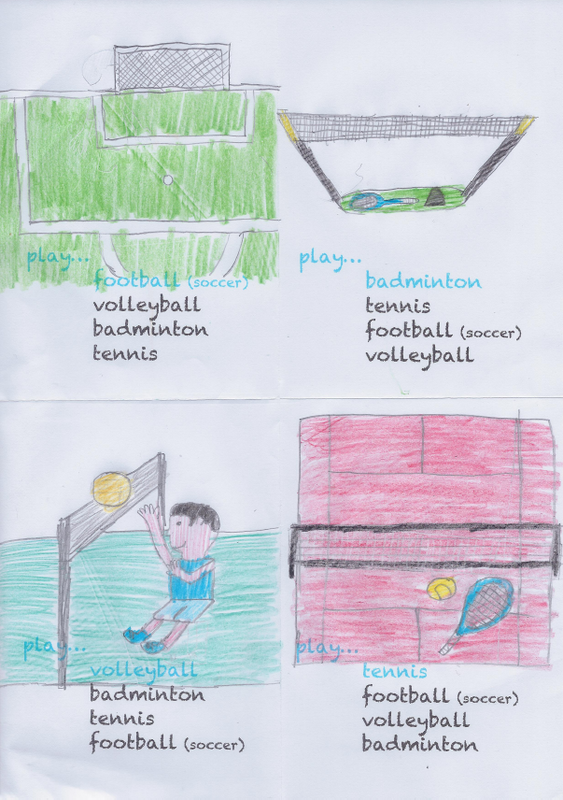
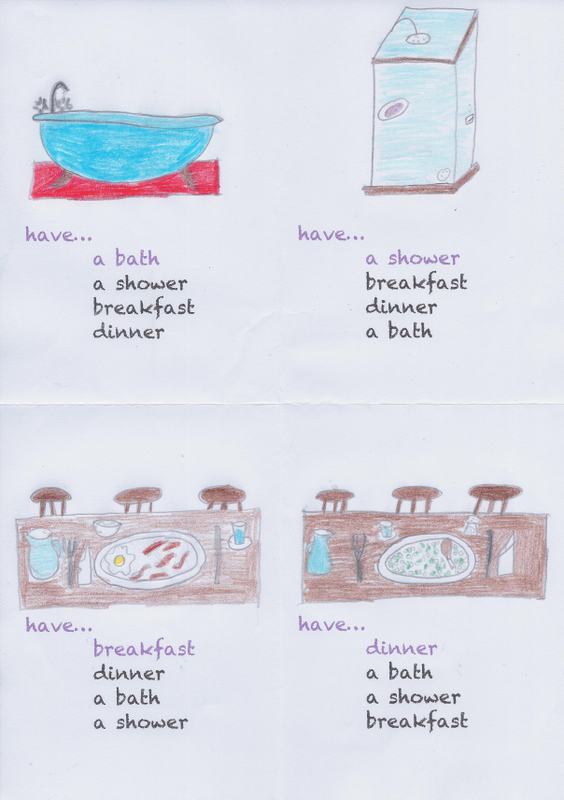
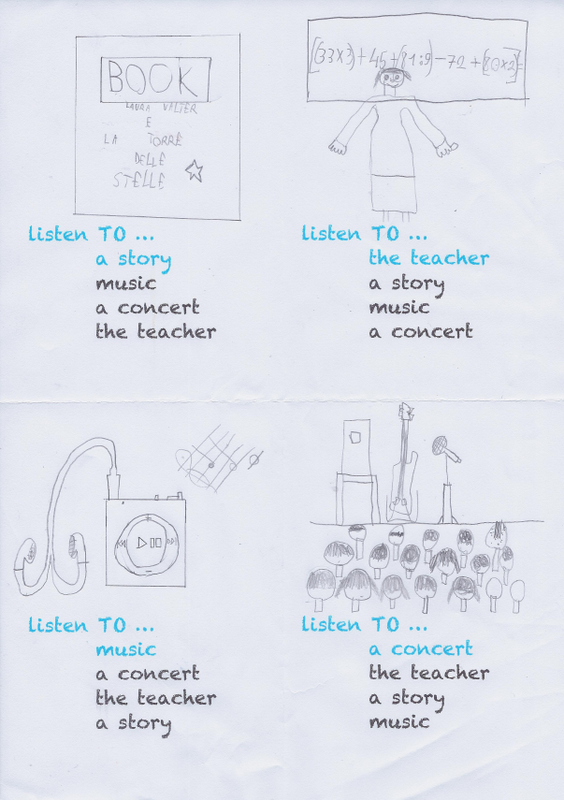
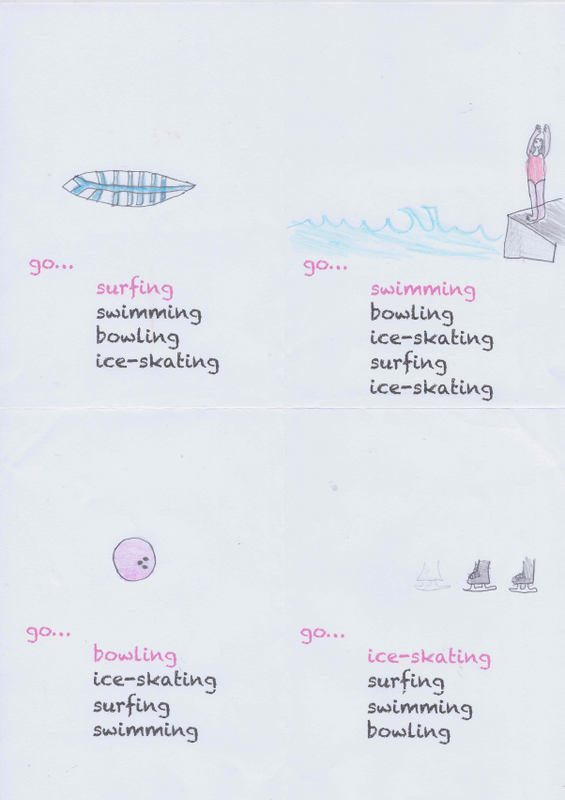
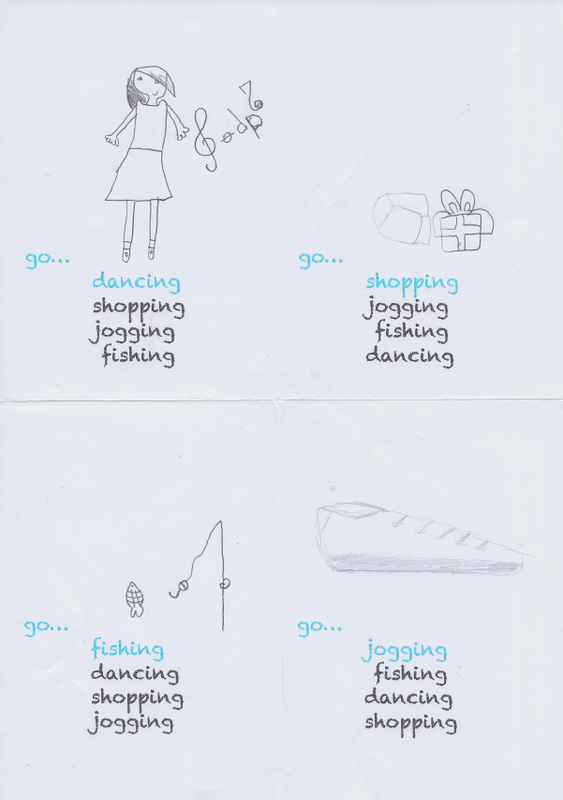
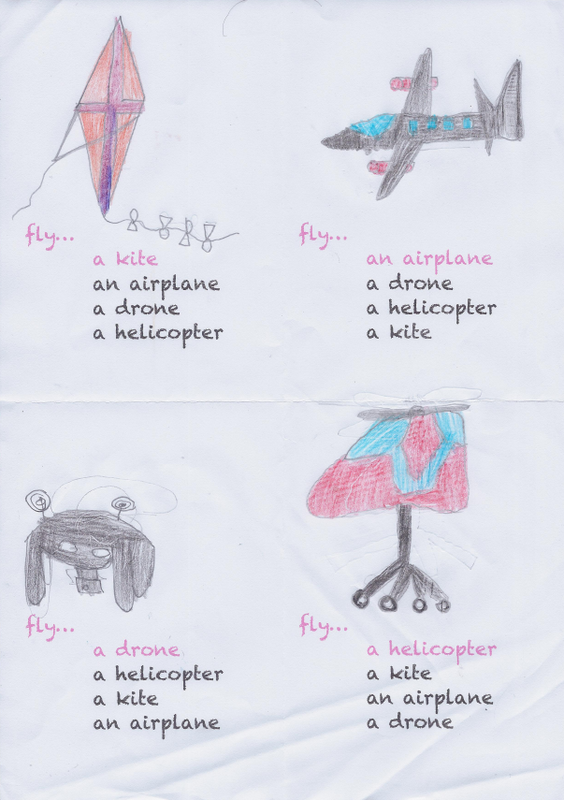
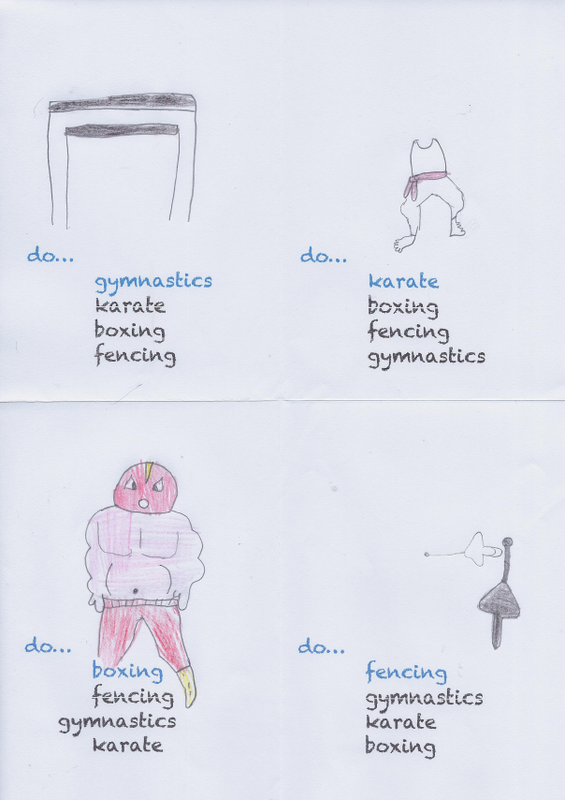
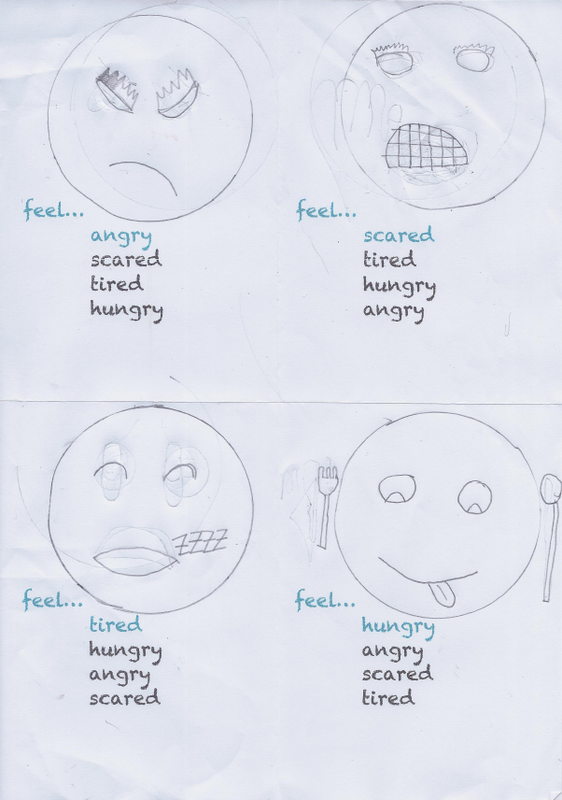
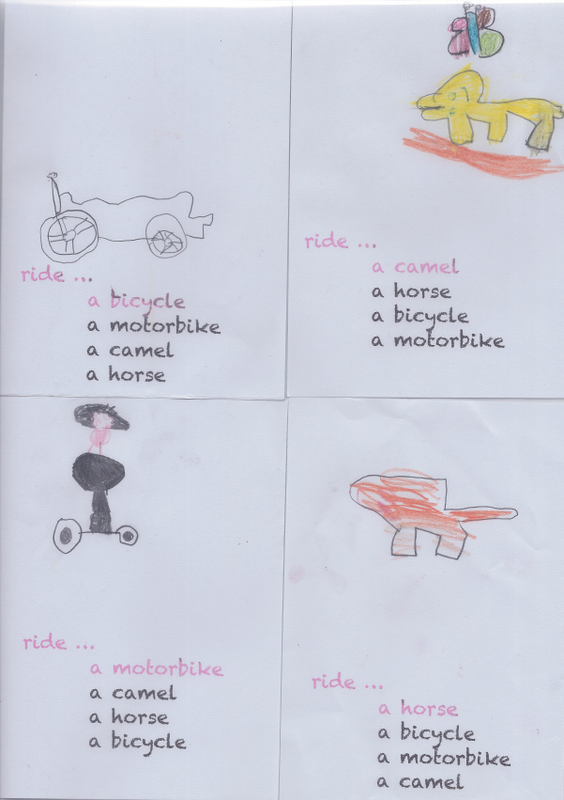
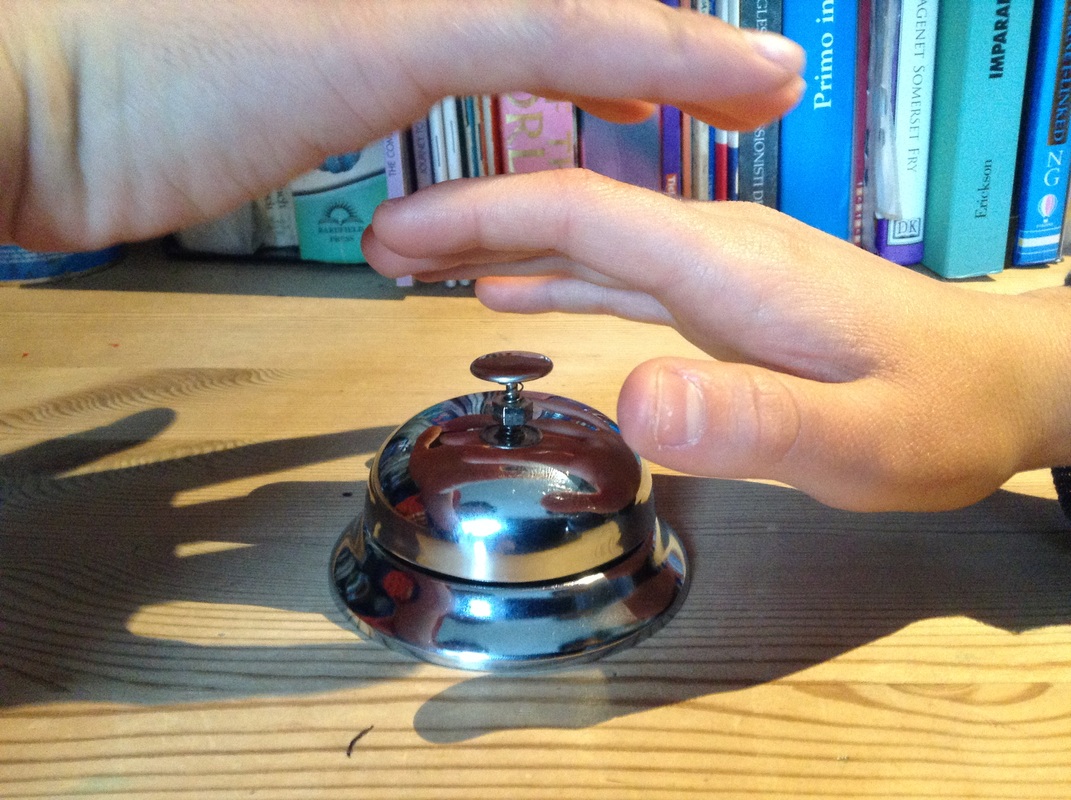

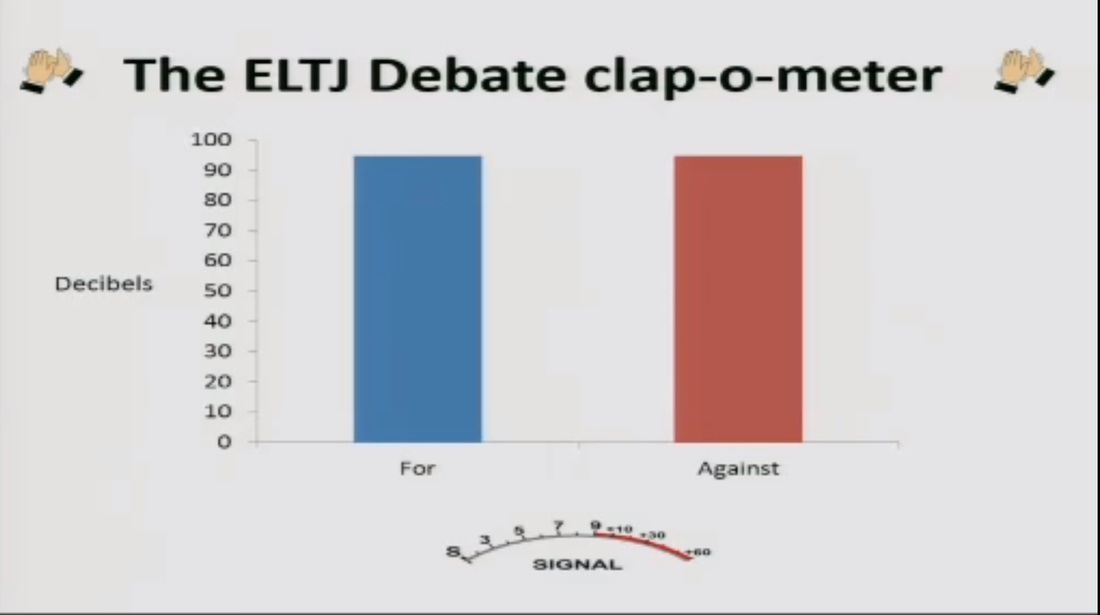
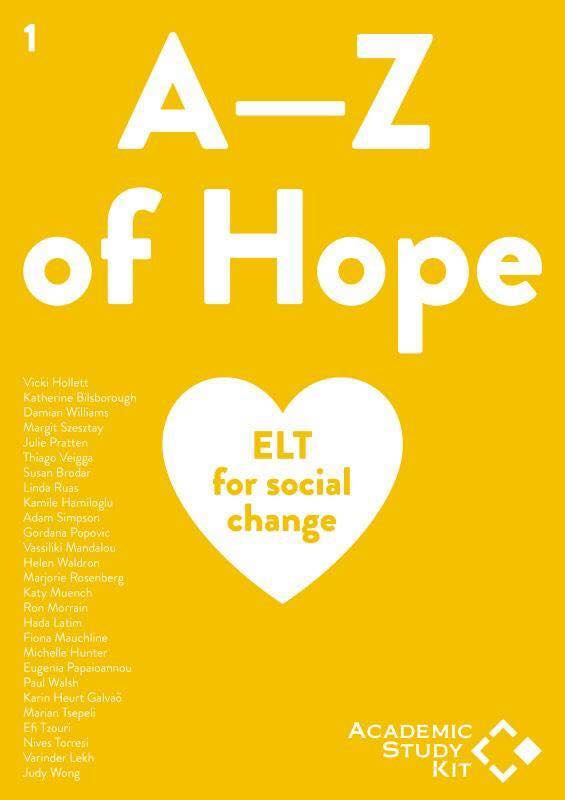

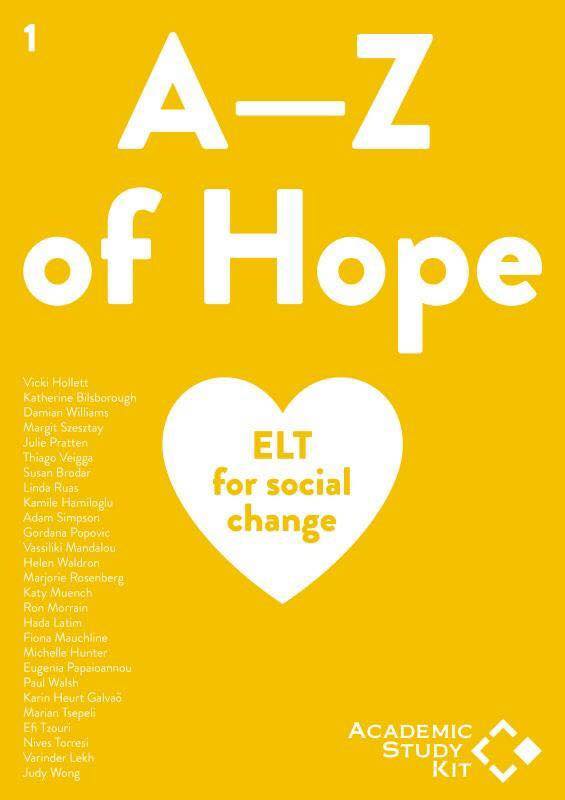

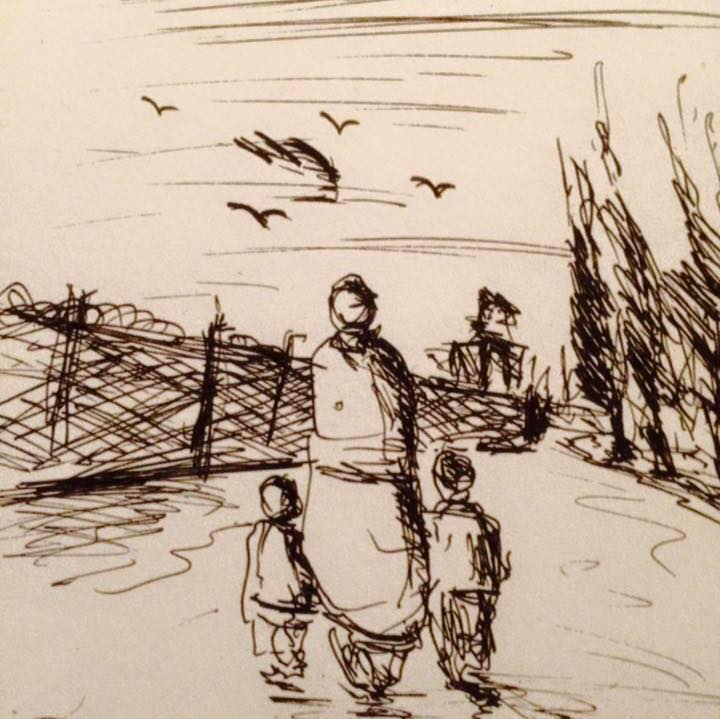
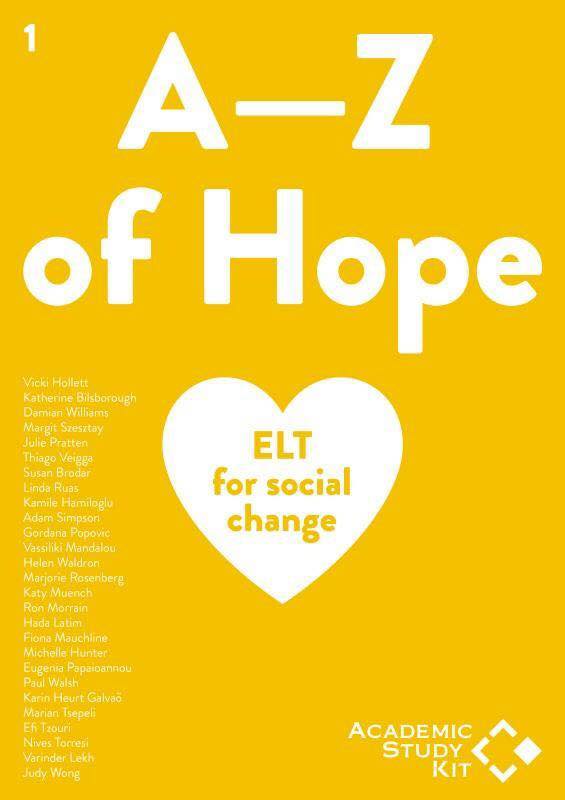

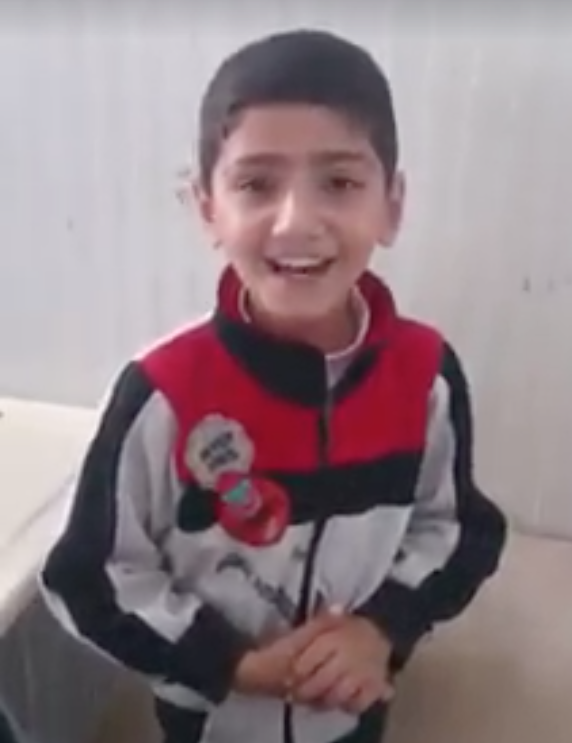

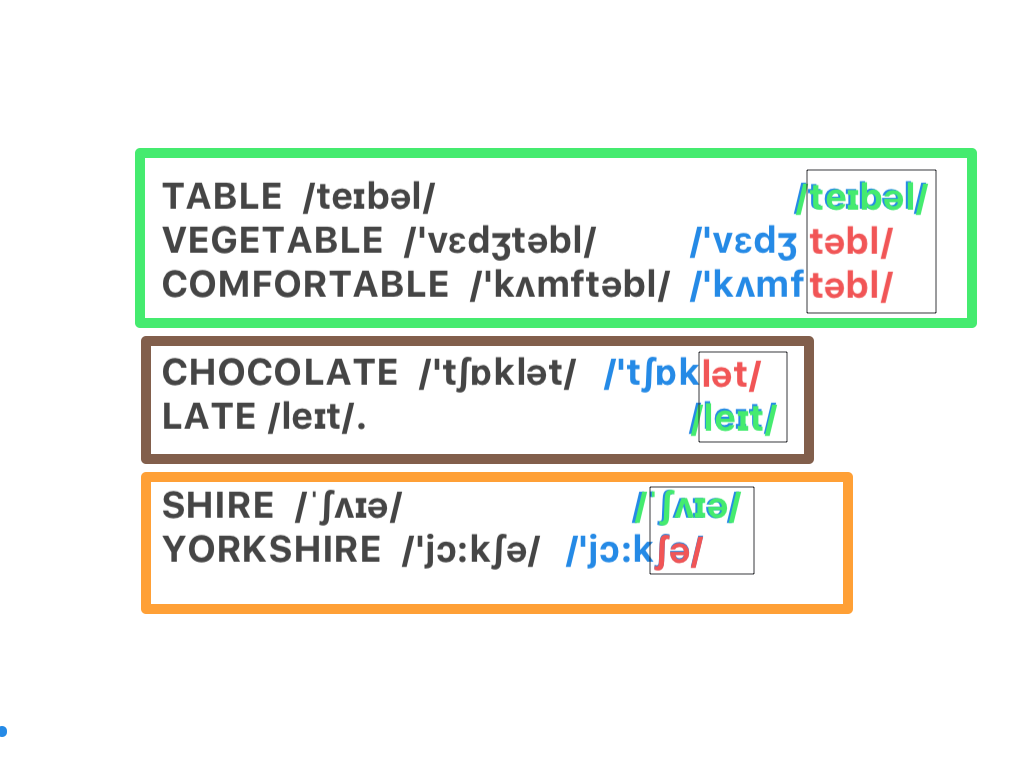

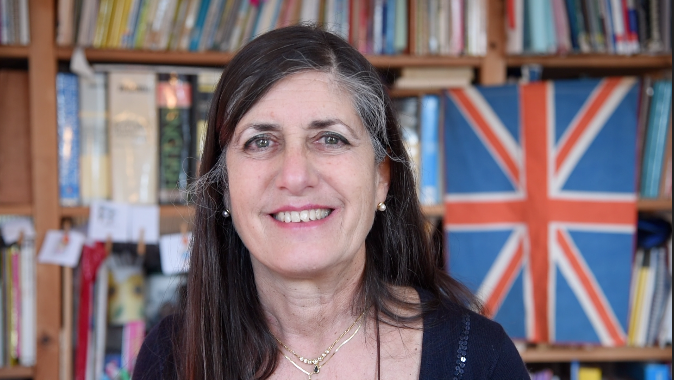

 RSS Feed
RSS Feed
